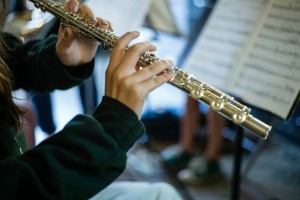 I spent a decade teaching band in a middle school classroom in Brooklyn, NY. I started students on band instruments, from scratch, in a group of 100 — no small group lessons. By 8th grade, the students were performing high school and college level music at a very high level.
I spent a decade teaching band in a middle school classroom in Brooklyn, NY. I started students on band instruments, from scratch, in a group of 100 — no small group lessons. By 8th grade, the students were performing high school and college level music at a very high level.
I wish I could say I walked into the job knowing how to accomplish what I did, but that was not the case. I was a professional musician with no degree in education; I couldn’t put a flute together, let alone teach it; and worse — I had a low expectation of what kids were capable of doing musically (especially in an urban setting).
Although I am ashamed to say those things, I am proud to say that I was wrong, and I spent all my life energy seeking to find ways to help all students reach their full musical potential. I also found that, if I taught every class as if it was a large private lesson — a “perfect practice session”, of sorts — instead of teaching to the concert, my students improved in leaps and bounds.
Here are some ideas to maximize your large ensemble rehearsals and create great musicians — and people — in the process:






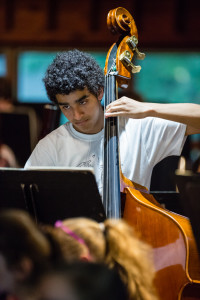
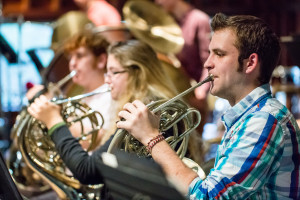
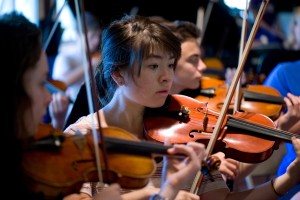
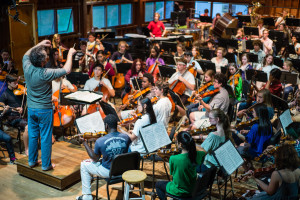

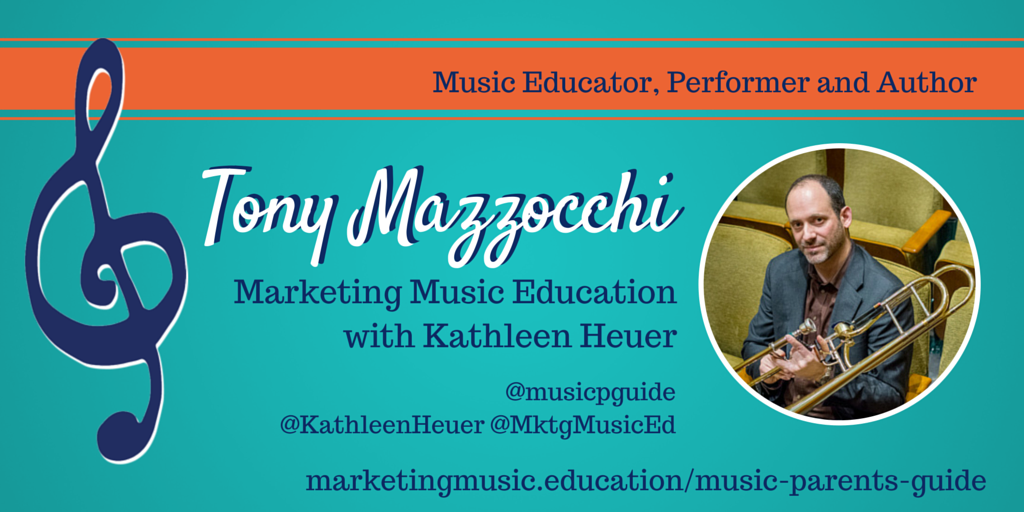
Recent Comments